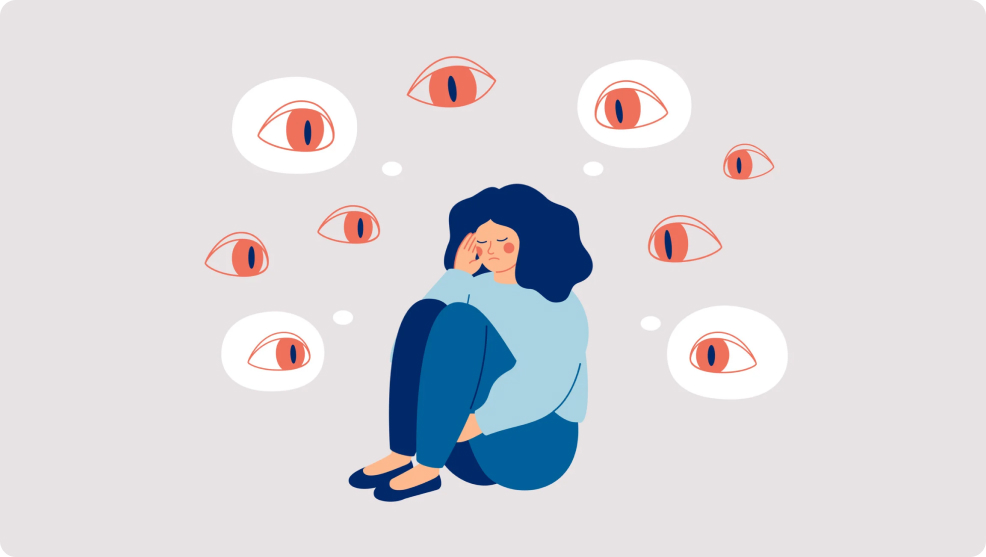Depression is a complex and widespread mental health condition that affects individuals of all ages. While the symptoms may appear differently in children, adolescents, and adults, the impact on one’s emotional well-being and quality of life remains profound. In this article, we will explore the symptoms of depression and how it manifests across these age groups, addressing common questions associated with the condition.
Symptoms of Depression
Depression is more than just feeling sad or down occasionally. It involves a persistent feeling of emptiness, hopelessness, and loss of interest or pleasure in previously enjoyed activities. Some common symptoms include:
Persistent low mood
Individuals may experience feelings of sadness, extreme irritability or anger, or frequent crying spells. In children and adolescents, irritability might be more prominent than sadness.
Decline in motivation
Affected individuals may struggle with reduced energy levels, a loss of interest in activities they once enjoyed, and struggle to complete daily tasks or pursue personal goals.
Changes in sleep and appetite
Insomnia or excessive sleeping, as well as changes in appetite and weight, are common indicators of depression. In children and adolescents, this may present as difficulty sleeping or eating too much or too little.
Social withdrawal
People with depression may withdraw from social activities, experience difficulty connecting with others, and show a lack of interest in maintaining relationships.
Physical complaints
Frequent headaches, stomachaches, general fatigue, or other persistent physical symptoms may be indications of depression, particularly in children who may struggle to express their emotions.
While depression affects individuals of all ages, it may display differently in children, adolescents, and adults due to developmental factors and varying coping mechanisms:

Depression in Children
Children may exhibit irritability, clinginess, separation anxiety, a decline in school performance, or physical complaints such as stomachaches or headaches. They might also show signs of behavioral regression or engage in risky behaviors.

Depression in Adolescents
Adolescents often experience a combination of typical depression symptoms, along with increased sensitivity to criticism, feelings of self-doubt, difficulties with concentration, and engagement in risky behaviors such as substance abuse or self-harm.

Depression in Adults
In adults, depression can manifest as persistent feelings of sadness, fatigue, impaired concentration, changes in appetite or weight, social withdrawal, or even thoughts of ending one’s life.
Common questions and answers about depression
1. Is depression a normal part of growing up?
No, depression is not a normal part of growing up. Though mood fluctuations are common during adolescence, persistent and intense symptoms may indicate depression.
2. Can young children experience depression?
Yes, children as young as preschool age can experience depression. While the symptoms may present differently, if persistent and disruptive, professional help should be sought.
3. Can someone have depression without sadness?
Absolutely. Depression can manifest differently; some individuals experience symptoms such as irritability, anger, or loss of interest in activities without necessarily feeling sad.
4. Is depression a result of personal weakness?
No, depression is not a sign of personal weakness. It is a complex condition influenced by various genetic, biological, environmental, and psychological factors.
5. Can depression be treated?
Yes, depression is treatable. Treatments include psychotherapy, medication, lifestyle changes, and support from loved ones. Seeking professional help is crucial in managing depression effectively.

Depression affects individuals of all ages, and recognizing the signs and symptoms is essential for early intervention and effective treatment. By understanding how depression presents in children, adolescents, and adults, we can ensure appropriate support and treatment, breaking the stigma surrounding mental health and promoting overall well-being in our communities. Remember, seeking help is a sign of strength, not weakness.




